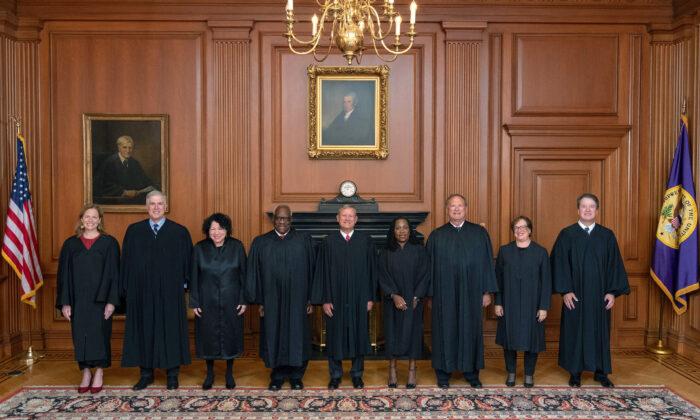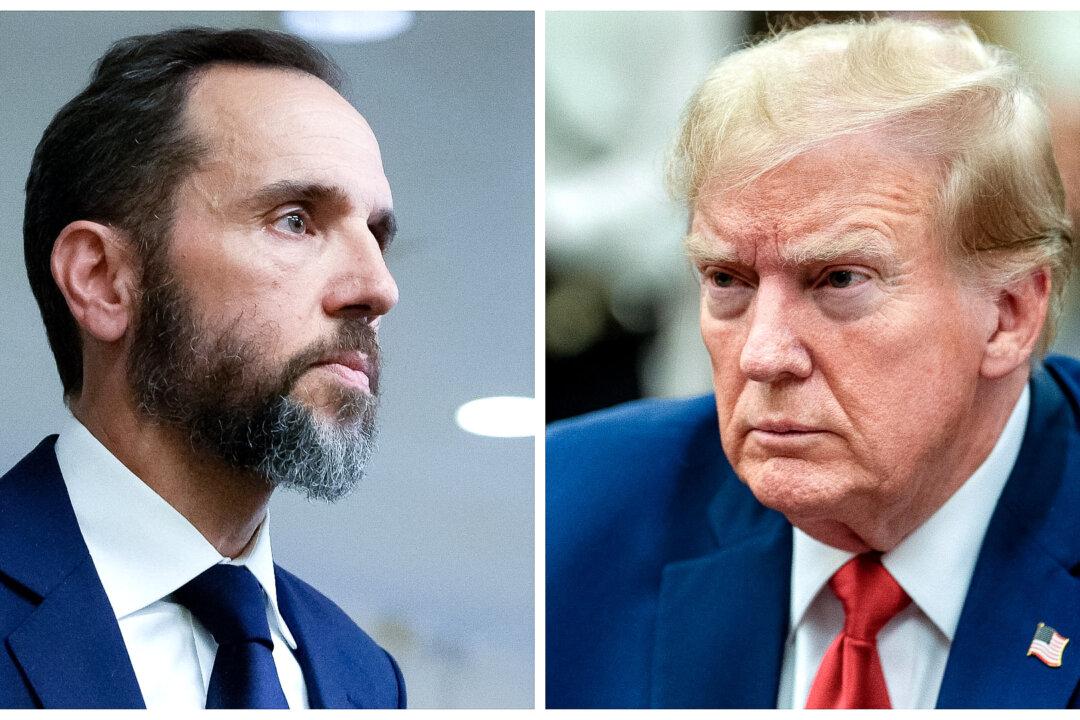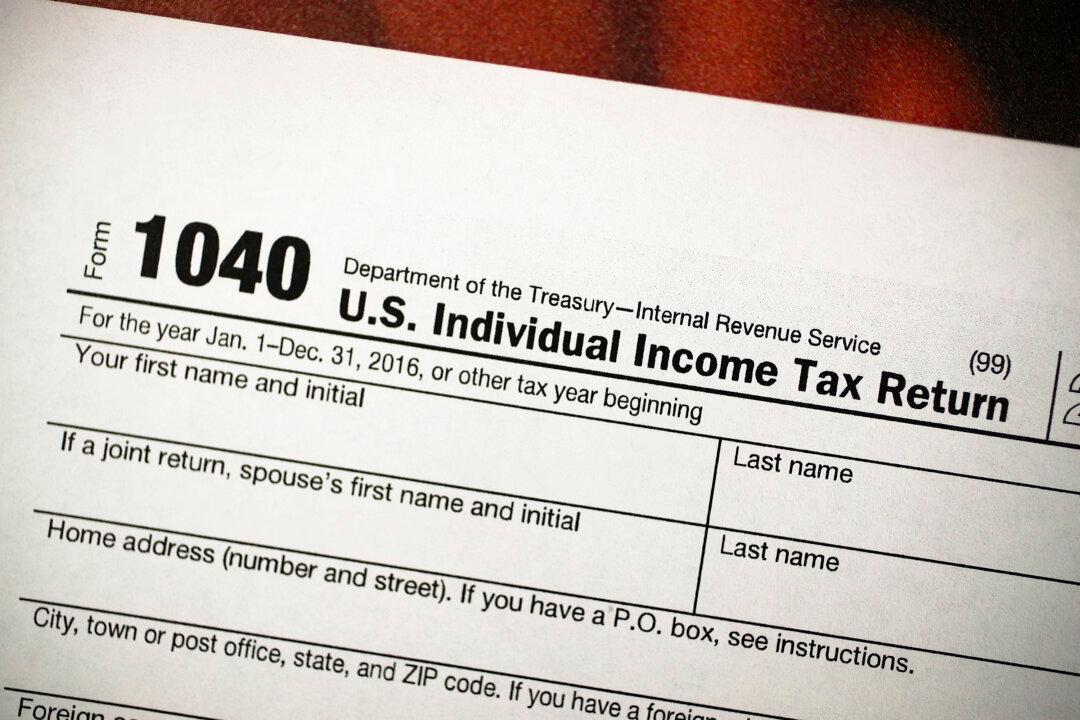The Supreme Court this week denied granting a rehearing to an 82-year-old woman, Monica Toth, who is embroiled in a battle with the Internal Revenue Service (IRS), although Justice Neil Gorsuch signaled that he would want to rehear the case.
The Supreme Court receives thousands of cases each year and denies the vast majority of them. In January, the high court turned away Toth’s appeal over a $2.1 million penalty that the IRS imposed on Toth after she didn’t report a foreign bank account.
Toth had argued that the IRS violated the Eighth Amendment, which bars cruel and unusual punishments and excessive fees.
Earlier this year, Toth lawyer Sam Gedge expressed with The Epoch Times his client’s disappointment with the ruling, adding that Toth’s “experience shows that civil penalties can have devastating consequences for real people.” Gedge said that ”naturally, we’re disappointed that the court declined to take up this case.”
According to her lawyers, Toth’s father had fled Germany for Argentina in the 1930s after he was assaulted for being Jewish. He became a successful businessman and before his death in 1999 gave Toth millions of dollars in a Swiss bank account.
Gorsuch, in his earlier three-page dissent, noted that Toth’s father had himself always maintained a reserve of funds in a Swiss bank account, “perhaps owing to his early formative experiences,” and encouraged his daughter to keep money there “just in case.” Toth, a Massachusetts resident now in her 80s, kept the account, yet failed until 2010 to report it to the U.S. government as required by the Bank Secrecy Act.
The IRS in 2012 assessed a $2.17 million civil penalty, saying her failure in 2007 to report the account on a so-called FBAR form was willful. After she did not pay, the government won a judgment against her for the $2.17 million plus nearly $1 million for late fees and interest.
The Boston-based 1st U.S. Circuit Court of Appeals had earlier ruled that the Eighth Amendment’s protections did not apply in Toth’s case because the IRS’s civil penalty was “not tied to any criminal sanction” and served a “remedial” purpose. But Gorsuch said the 1st Circuit’s ruling was “difficult to reconcile with our precedents” and called the protection against excessive fines a fundamental right.
He also wrote: “The government did not calculate Ms. Toth’s penalty with reference to any losses or expenses it had incurred. The government imposed its penalty to punish her and, in that way, deter others. Even supposing, however, that Ms. Toth’s penalty bore both punitive and compensatory purposes, it would still merit constitutional review. Under our cases a fine that serves even ‘in part to punish’ is subject to analysis under the Excessive Fines Clause.”
Another attorney associated with Toth’s case, Brian Morris with the Institute of Justice, said he believes that Gorsuch “understood what’s at stake,” adding, “Under the 1st Circuit’s decision, governments are incentivized to impose massive civil fines to raise revenue.”
“And individuals, like Monica, are left helpless to the whims of the government—no matter the size of the penalty that it picks,” he told The Epoch Times.
Clark Neily, with the Cato Institute, also speculated that federal agencies might make similar moves against law-abiding citizens as it goes deeper into debt.
“The deeper the federal government sinks into unprecedented debt, the stickier its fingers will become and the less concerned it will be with constitutional niceties like the rule of law,” Neily said earlier this year.
However, attorney and former federal prosecutor Neama Rahmani noted that there are few successful Eighth Amendment-related challenges.
“Aside from a few types of cases, the Supreme Court has the discretion to hear appeals, and here, only Justice Gorsuch wanted to do so. With the exception of death penalty cases, you don’t see a lot of successful Eighth Amendment challenges, so I’m not surprised. By rejecting Toth’s petition, the lower court decision stands and she will have to pay the civil penalty,” Rahmani told Newsweek on Monday, referring to Toth’s case.
While the results of the courts’ decisions might not appear to be fair, Rahmani said it’s not an issue that should be tried before the Supreme Court. Instead, it is a “legislative and executive branch issue,” Rahmani remarked.
“If there is no constitutional or other protection, the IRS can impose these types of civil penalties,” the lawyer warned.
The case is Toth v. United States, U.S. Supreme Court, No. 22-177.





